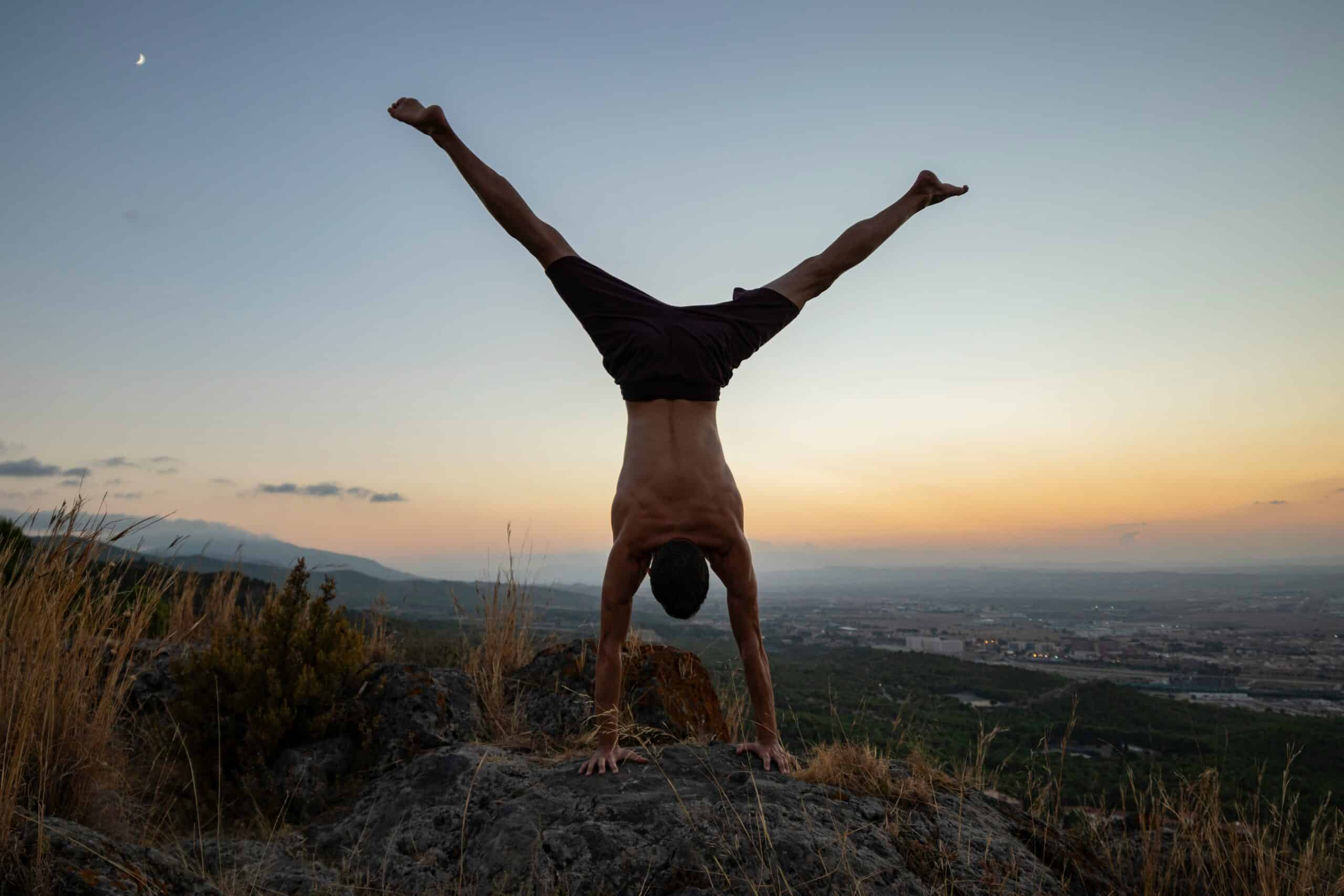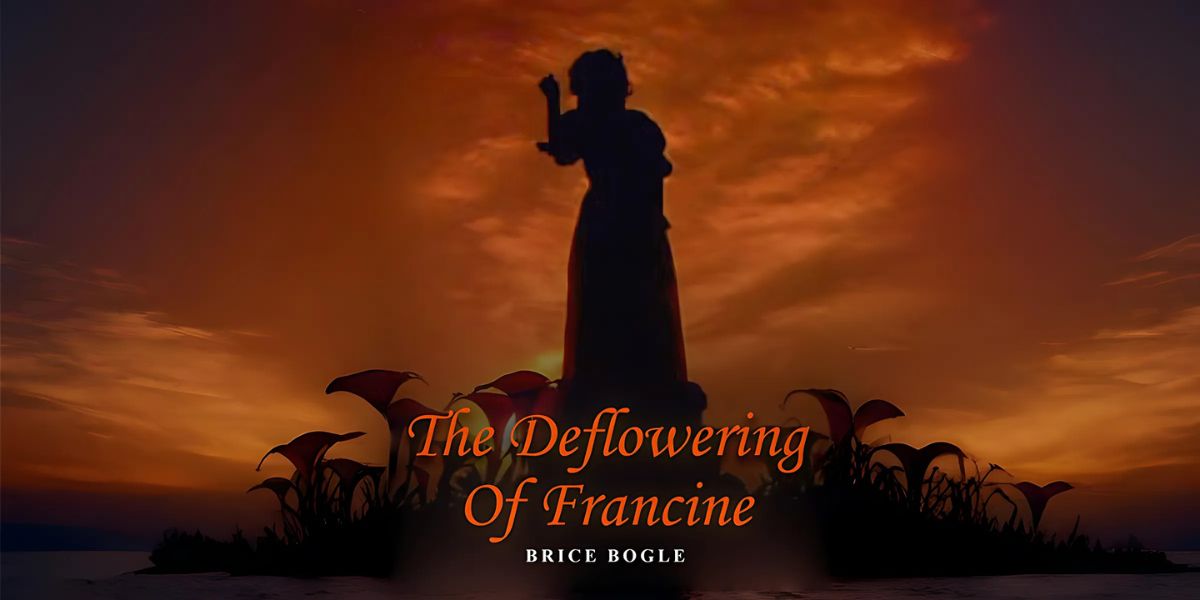For many years, the public’s perception of a celebrity was carefully curated, often limited to magazine covers, red carpet interviews, and dramatic film roles. This traditional view of fame began to shift dramatically with the rise of celebrity reality TV shows. These programs invite viewers to peer behind the curtain, offering what is presented as a raw, unscripted look into the lives of famous individuals. Whether they are navigating personal relationships, taking on new business ventures, or competing for a prize, these shows have carved out a unique space in the entertainment world, reshaping how audiences connect with the people they admire. The genre has become a powerful force, driven by a fascination with seeing famous people in what is marketed as their most authentic state, stripped of the usual layers of pre-written scripts and staged performances. This promise of authenticity is a key reason for their widespread appeal and continued presence on screens worldwide.
Read Also: Alison Vaughn Smith: Outfitting Detroit’s Workforce for Success, One Jacket at a Time
The modern form of celebrity reality television has its roots in earlier documentary-style shows that simply followed families or individuals in their day-to-day lives. This format, which became popular in the early 2000s, was a significant departure from the competition-based reality shows that had dominated the airwaves. These early programs focused on the personal and professional struggles of their subjects, creating a sense of intimacy and relatability that viewers found compelling. As the genre evolved, it expanded to include celebrity competition shows, where famous people test their skills in various formats, from singing and dancing to physical challenges and business ventures. This shift from observational to competitive programming added a new layer of suspense and excitement, transforming the genre into a high-stakes arena where the stakes were not just a prize but often a career comeback or a boost in public relevance.
What Makes Celebrity Reality TV Shows So Popular?
The sustained popularity of celebrity reality TV shows comes from a blend of curiosity, relatability, and a sense of shared experience. These programs provide a sense of access to a life that is otherwise off-limits. Viewers get to see famous individuals facing challenges, celebrating successes, and dealing with everyday frustrations, which can make them seem more human and less like unattainable icons. The carefully structured conflicts and emotional moments, often enhanced by strategic editing, provide a compelling narrative that keeps people tuning in. This creates an investment in the lives of the participants, as audiences follow their journeys and root for their favorites. It is this feeling of being an insider, of getting a glimpse into the unfiltered lives of the famous, that makes the genre so captivating and has cemented its place in entertainment culture.

The psychological appeal of celebrity reality television is also a major factor. These shows often allow viewers to feel a sense of validation or superiority. Watching a famous person navigate a difficult situation or make a personal mistake can be reassuring, as it proves that even people with immense fame and wealth are not perfect. This dynamic, sometimes referred to as schadenfreude, can be a powerful motivator for viewership. Additionally, the shows can act as a form of social currency. They provide a shared topic of conversation and a common cultural reference point for friends and colleagues. By watching these programs, people can feel connected to a larger community of viewers, discussing the latest episode’s events and forming opinions on the participants. This sense of belonging, combined with the inherent drama, ensures that these celebrity reality TV shows remain a staple of popular culture.
How Do Producers Influence a Program’s Narrative?
Despite being called “unscripted,” celebrity reality television shows are carefully crafted by a team of producers and editors. From the casting process onward, the production is designed to generate compelling storylines. The casting is critical, as producers seek out individuals with dynamic personalities and a history of personal or professional conflict, knowing that these elements will create drama on screen. Once filming begins, producers may not provide a script, but they will guide the narrative by setting up situations and asking leading questions during confessional interviews. These interviews, filmed after the fact, are a powerful tool for shaping the story, as participants provide commentary on events that have already occurred, often in a way that aligns with the producers’ desired narrative arc. This process allows the production team to build a cohesive and dramatic story from hours of raw footage.
The editing room is where the real magic happens for a celebrity reality television program. An immense amount of footage is captured, and it is the job of the editors to select the most dramatic or emotionally charged moments and piece them together into a coherent story. A single comment made in one conversation can be placed out of context to create a new tension, or a reaction shot from one moment can be used to emphasize a different scene entirely. This creative process allows producers to control how participants are portrayed, shaping them into heroes, villains, or comedic relief. Viewers are often unaware of how much of what they see is a product of these post-production decisions, a deliberate construction of reality designed to maximize entertainment value. This behind-the-scenes work is essential to turning unscripted moments into a captivating and polished piece of entertainment.
What Are the Personal and Professional Impacts of Appearing on These Shows?
Participating in a celebrity reality television show can have a significant impact on a person’s life, both personally and professionally. Professionally, the exposure can be a double-edged sword. For some, a show can serve as a powerful platform to revive a career or to showcase a different talent, reintroducing them to a new generation of fans. It can also provide a steady income and open up new opportunities for endorsements and appearances. However, the fame can be fleeting. Once the show’s season ends or a new one begins, the spotlight can shift just as quickly as it arrived, leaving some participants struggling to maintain relevance. The public’s perception of a celebrity can be forever altered by what they see on the show, and that change may not always be for the better.

On a personal level, the experience can be deeply challenging. The constant presence of cameras and the lack of privacy can be a source of immense stress and anxiety. Participants are often forced to confront personal issues or relive emotional moments for public consumption, and they may not be prepared for the intense public scrutiny and criticism that can follow. The pressure to live up to a public persona, often created by a show’s editing, can also be a heavy burden. The emotional toll of being on a celebrity reality television program is often underestimated, and some participants have reported long-term mental health challenges as a result of their time in the spotlight. The line between their public and private lives is completely erased, and it can be difficult to reclaim that sense of normalcy once the cameras are gone.
How Has the Genre Adapted in Recent Years?
The world of celebrity reality television continues to evolve, especially with the rise of social media and streaming services. The shift from weekly broadcasts to on-demand streaming has changed how audiences consume content, allowing for a more immediate and immersive experience. Social media has also transformed the genre, giving viewers a direct line of communication with the stars. Participants can now offer their own perspectives on events as they air, sometimes even contradicting the narrative the show is trying to create. This has led to a more interactive and dynamic relationship between the audience and the show’s cast. The shows themselves have also grown more sophisticated, moving beyond simple drama to explore more complex themes such as mental health, personal growth, and professional ambition.
Read Also: How Authenticity Shapes Viewer Experience in Unscripted TV
Contemporary celebrity reality television is often a reflection of cultural shifts and changing viewer expectations. As audiences have become more media-savvy, they have begun to demand more than just a surface-level look at a famous person’s life. This has pushed creators to develop formats that delve deeper, offering a more nuanced portrayal of a star’s journey. Some newer shows feel more like multi-part documentaries, exploring an individual’s professional comeback or the building of a new business. This evolution shows that the genre is capable of adapting and maturing. As long as there is an appetite for a glimpse into the lives of the famous, these shows will continue to change, finding new ways to tell stories that resonate with a modern audience.








